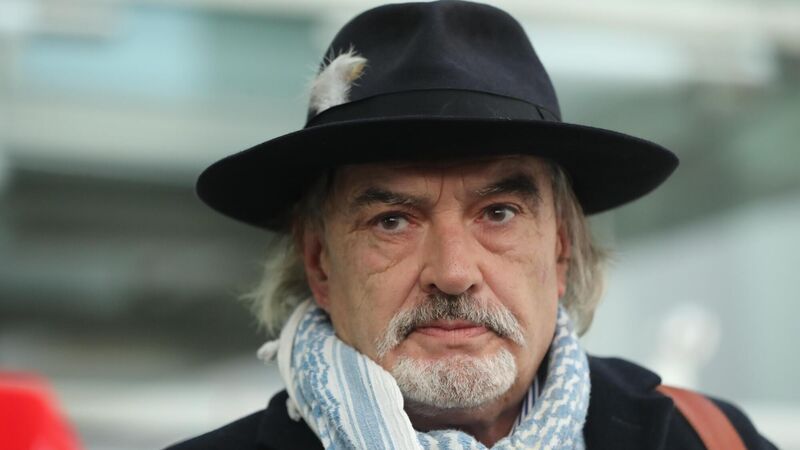Book review: When murder doesn’t out

Ian Bailey was the chief suspect in the killing of Sophie Toscan du Plantier. His death earlier this year has freed up the conversation about his role in the tragic affair.
- Sophie
- Senan Molony
- Hachette Books Ireland, €16.99
BOOKS & MORE
Check out our Books Hub where you will find the latest news, reviews, features, opinions and analysis on all things books from the Irish Examiner's team of specialist writers, columnists and contributors.







